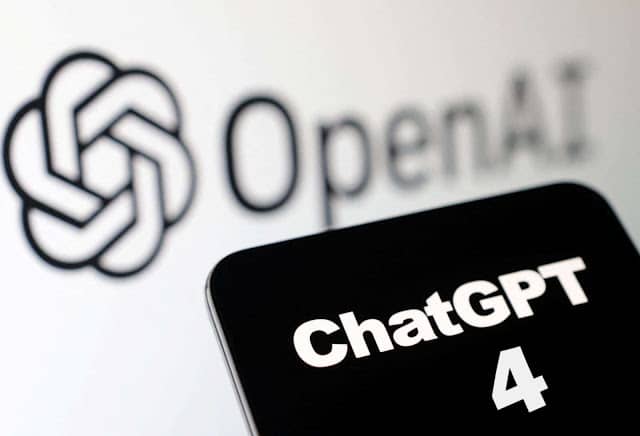ChatGPT-4
a highly advanced language model developed by OpenAI, which is capable of responding to images, processing up to 25,000 words, and generating natural human-like language. Millions of people have used its predecessor, ChatGPT, for various purposes, including writing songs, poems, and marketing copy. However, concerns remain that GPT-4 could replace jobs currently done by humans and spread disinformation. Despite this, GPT-4 will be initially available to ChatGPT Plus subscribers and has already been implemented in Microsoft’s Bing search engine platform.
OpenAI has revealed that GPT-4 has more advanced reasoning skills compared to ChatGPT and can perform tasks such as finding available meeting times for three schedules. Additionally, OpenAI has announced partnerships with Duolingo and Be My Eyes to create AI Chatbots to assist their users. However, OpenAI has also cautioned that GPT-4 is not entirely reliable and may experience “hallucinations” or make reasoning errors.

ChatGPT-4 Capabilities
According to OpenAI, GPT-4 is an improvement over its predecessor, GPT-3.5, in terms of reliability, creativity, and ability to handle nuanced instructions. OpenAI tested the model on various benchmarks, including simulated exams designed for humans, and found it outperformed existing large language models. The model also performs well in languages other than English, including low-resource languages. It can accept both text and images as input and has shown promising capabilities in generating text outputs based on inputs consisting of both text and images, although its visual input capability is still in the research preview stage.

ChatGPT-4 Risks & Mitigations
Despite its significant capabilities, GPT-4 poses new risks such as generating harmful advice, buggy code, or inaccurate information. OpenAI has engaged with over 50 experts to test the model and improve its ability to refuse dangerous requests. As a result, GPT-4 is now 82% less likely to give inappropriate content than its predecessor, and it follows policies better regarding sensitive topics such as medical advice and self-harm. However, generating content that goes against usage rules is still possible. OpenAI is working with other researchers to understand the potential impacts of GPT-4 on society.
related post: ChatGPT Older Version – What does ChatGPT do?


